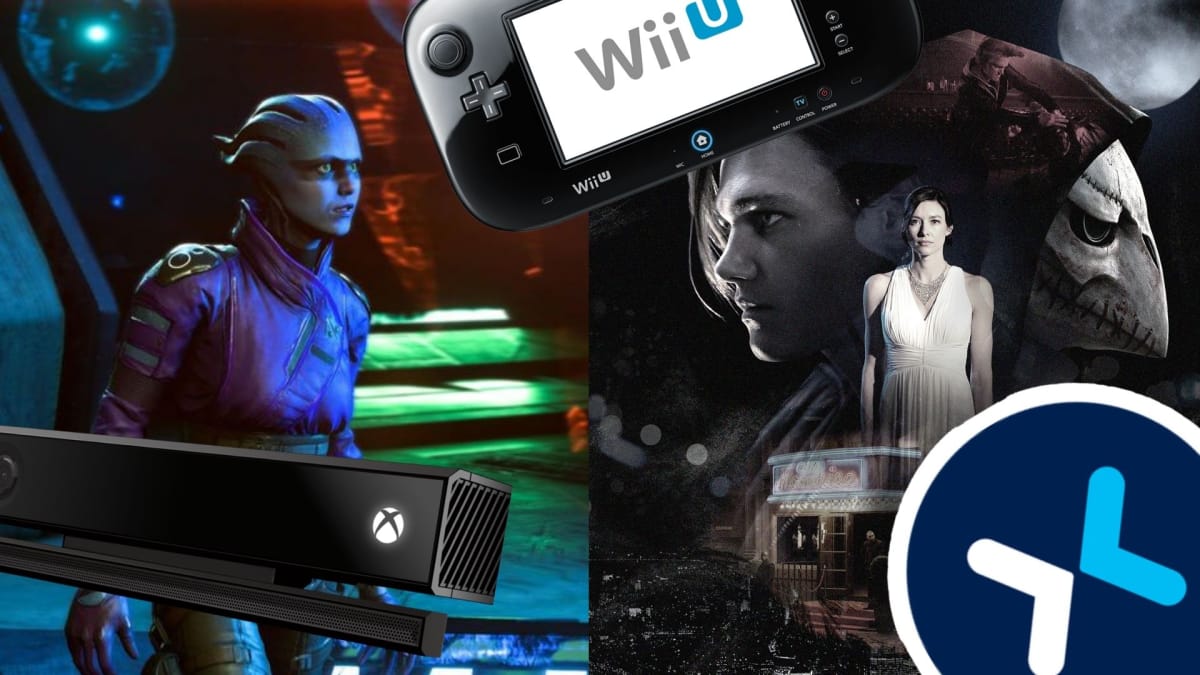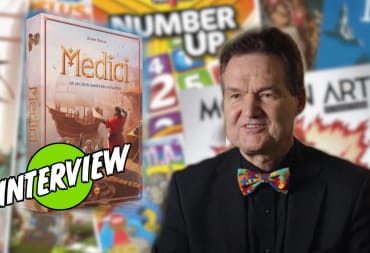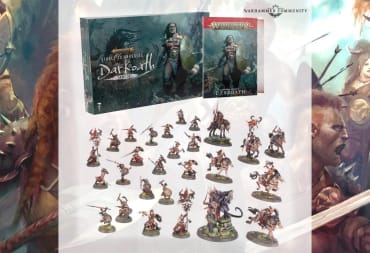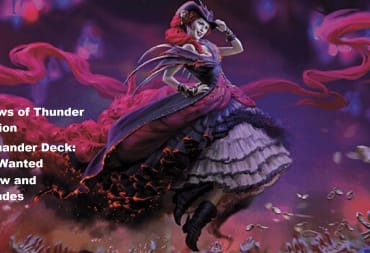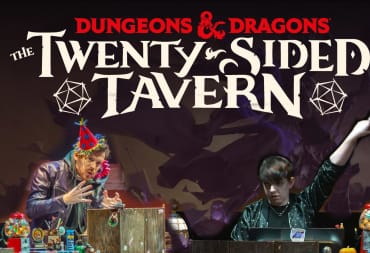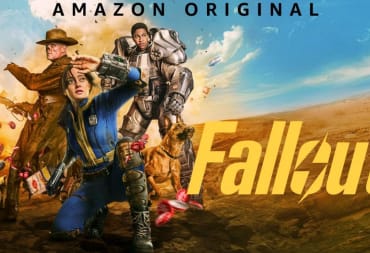Just as the gaming industry has found new and inventive ways to keep us entertained this past decade, so too has it found new and inventive ways to mess up.
Now with decades of experience under major companies' belts, any disappointing sequels became even more bewildering. With the popularity of Kickstarter, studios could rip us off before the game hit shelves. And with AAA companies getting bigger and bigger, the consequences of releasing a flop became even more dire.
On that cheery note, here’s our list of the biggest flops of generation eight.
Mass Effect: Andromeda
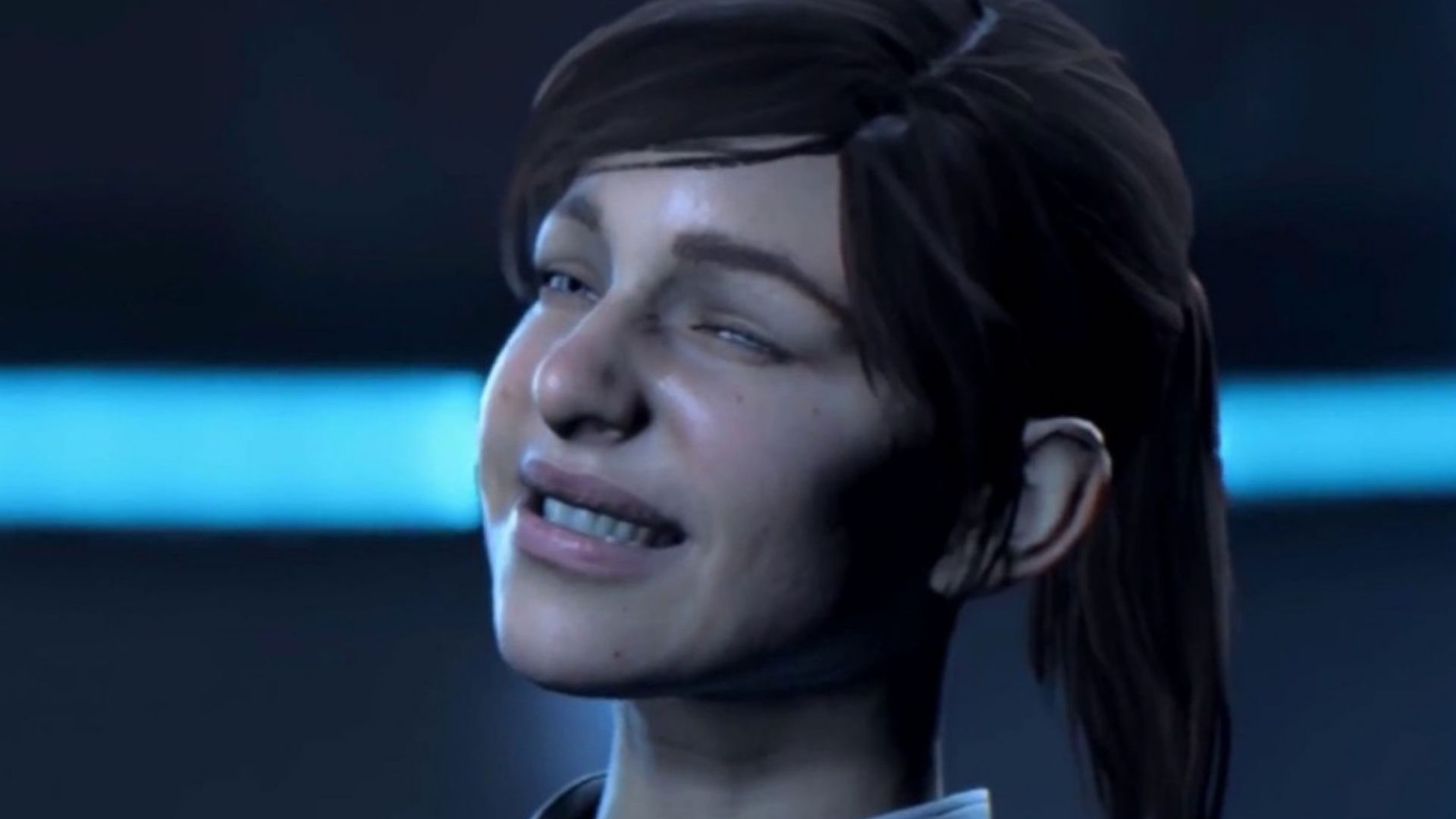
Sure enough, Mass Effect 3 has its fair share of disappointment, but it was nothing on this level.
Alarm bells were going off when the trailers showed some... interesting character designs. But the Asari companion looking like Shrek was the least of everyone's problems. At launch, the bugs and character animations quickly became a source of mockery, as characters either didn’t show any emotion when they really ought to, or showed far too much in a janky mess.
And it wasn’t just the odd cutscene either. An important scene where the player character, Ryder, reports the death of their father to an old friend is ruined by both characters being completely blank-faced the entire time. Hell, Ryder even looks like they’re smiling for a bit of it.
Mass Effect: Andromeda ended the streak of growth in the series, not even finishing in the year’s top 10 best-selling games, despite being from such as big franchise.
As a result of this flop, the entire franchise was put on hold. Andromeda was meant to be a trilogy of its own, but now it won’t even get DLC. Mass Effect was recently thawed out, but it’s extremely unlikely that the unnamed sequel will be Andromeda related.
Anthem

Sorry BioWare, not trying to pick on you here, but it all kind of fell apart this gen after Dragon Age: Inquisition, huh?
To tell a long story short, Anthem is essentially the reason Andromeda was bad, as staff were pulled away from it to work on this. But looking at the critical and commercial reception, it really wasn’t worth it for BioWare.
Anthem was BioWare’s answer to Destiny—a live-service action RPG which they could keep pumping updates into for years to come. However, according to anonymous BioWare staff who spoke to Kotaku, constant indecision about what the game should be lead to the final product being rushed in the final year of development. Due to this, reviews were mixed, with many saying that while flying around the world was fun, the gameplay was just too repetitive. Some BioWare fans were also alienated by the lack of romance options or decision making, which have come to be expected in games released by the developer.
Sales figures failed to impress EA, with one report putting physical sales at just half of Andromeda’s.
The Quiet Man
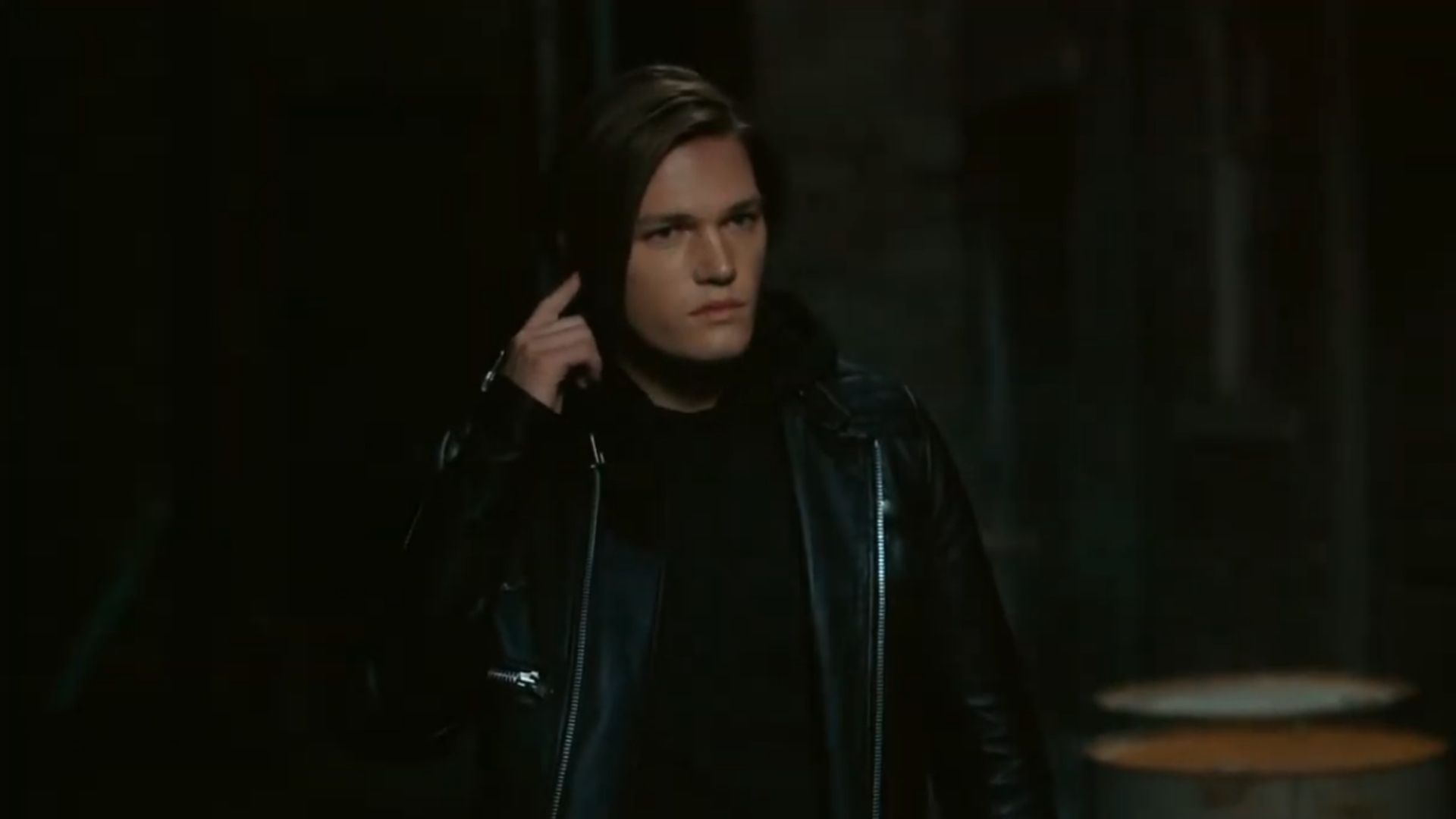
Ambition is admirable… In fact, The Quiet Man is clearly trying so hard to do something that I can’t help but find it endearing. It’s one of those things which sounds good in a brainstorming session, but really, should not have left the room. The premise is that you play as a deaf man, as he fights his way towards... whatever he was fighting. I have no idea.
Strictly speaking, it could be possible to tell a story like this. Think about all the open-world games that tell a story through notes, and the design of the environment. But nope. The Quiet Man is a linear game that sees you sit through 10-minute cutscenes that offer no clue as to what is going on. You can’t lip read or anything. It is literally just like having a normal game’s dialogue removed, with no attempt to communicate the plot otherwise.
Well there’s some attempt I guess through the visuals. But it's so vague that it’s impossible to tell whether the main female character is the protagonist's girlfriend or mom. And with how convoluted the story looks, I don’t think that’s the vibe they were going for.
Even more baffling, the sound was then restored in an update, defeating the whole point. That just left us with an FMV game with pretty dull gameplay.
Ouya
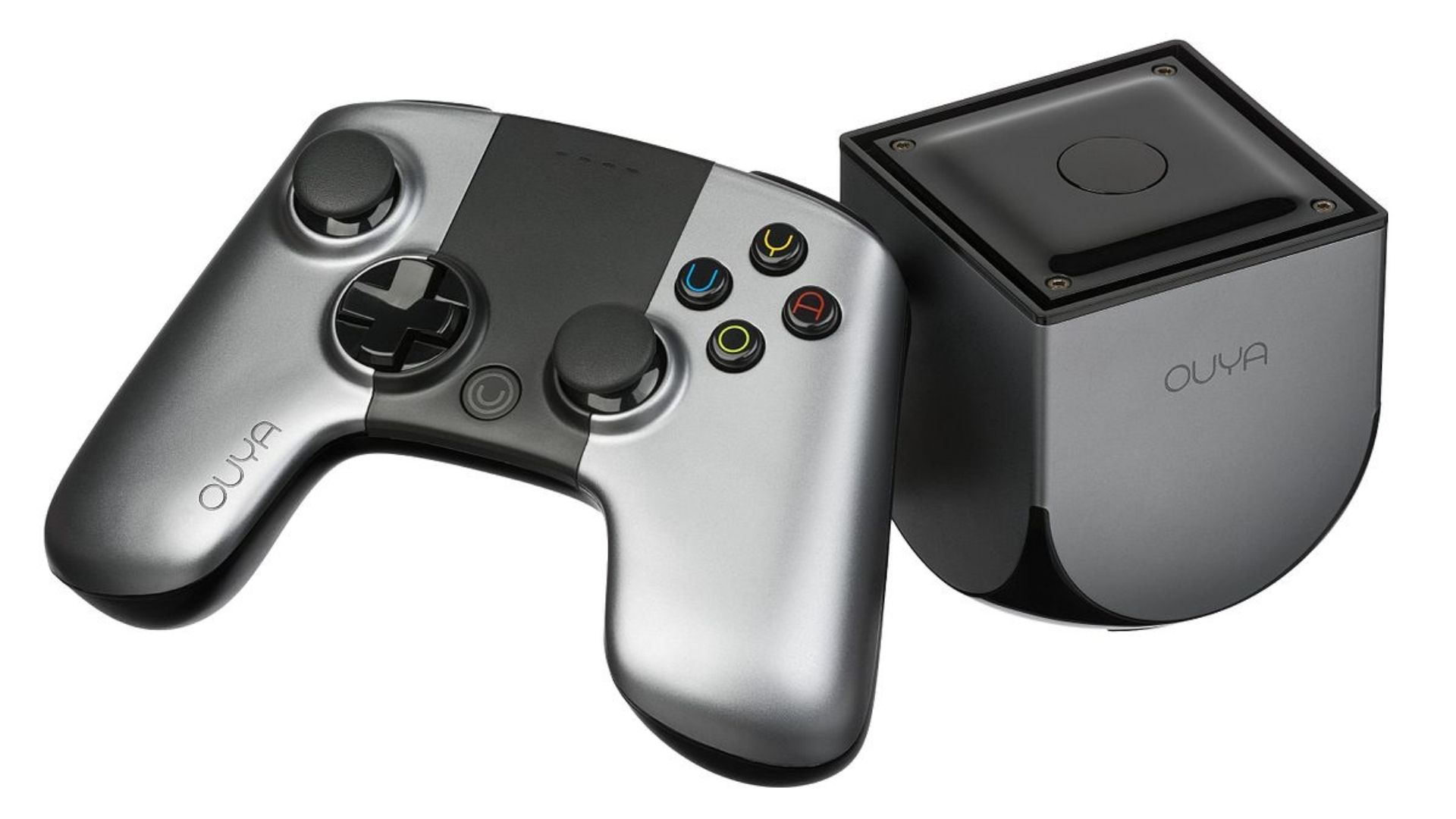
Well we couldn’t go much further without bringing up a Kickstarter project, could we? To the Ouya’s credit, it at least provided what it said it would to its backers: an Android based “microconsole,” running mobile-style games, and emulating older console titles. While it sounds like a niche market, it was a dedicated one, raising $1 million in less than 24 hours.
And at a price point of just $99, it sounds like a handy enough bit of kit to have. But by the time it launched in 2013, smartphones had got to a point where they could do that themselves... sometimes even better. And with phones already having a monstrously large audience, convincing game devs to take a chance on the Ouya was difficult. It just didn’t really serve a purpose.
The Ouya was discontinued in 2019. There’s no official sales figures for the consoles, but game devs for the system expressed frustration, with titles selling between just 500 and 2,000 copies, depending on the game. After Ouya had taken its cut, that left some devs with just $400 to show for their work.
Xbox Kinect
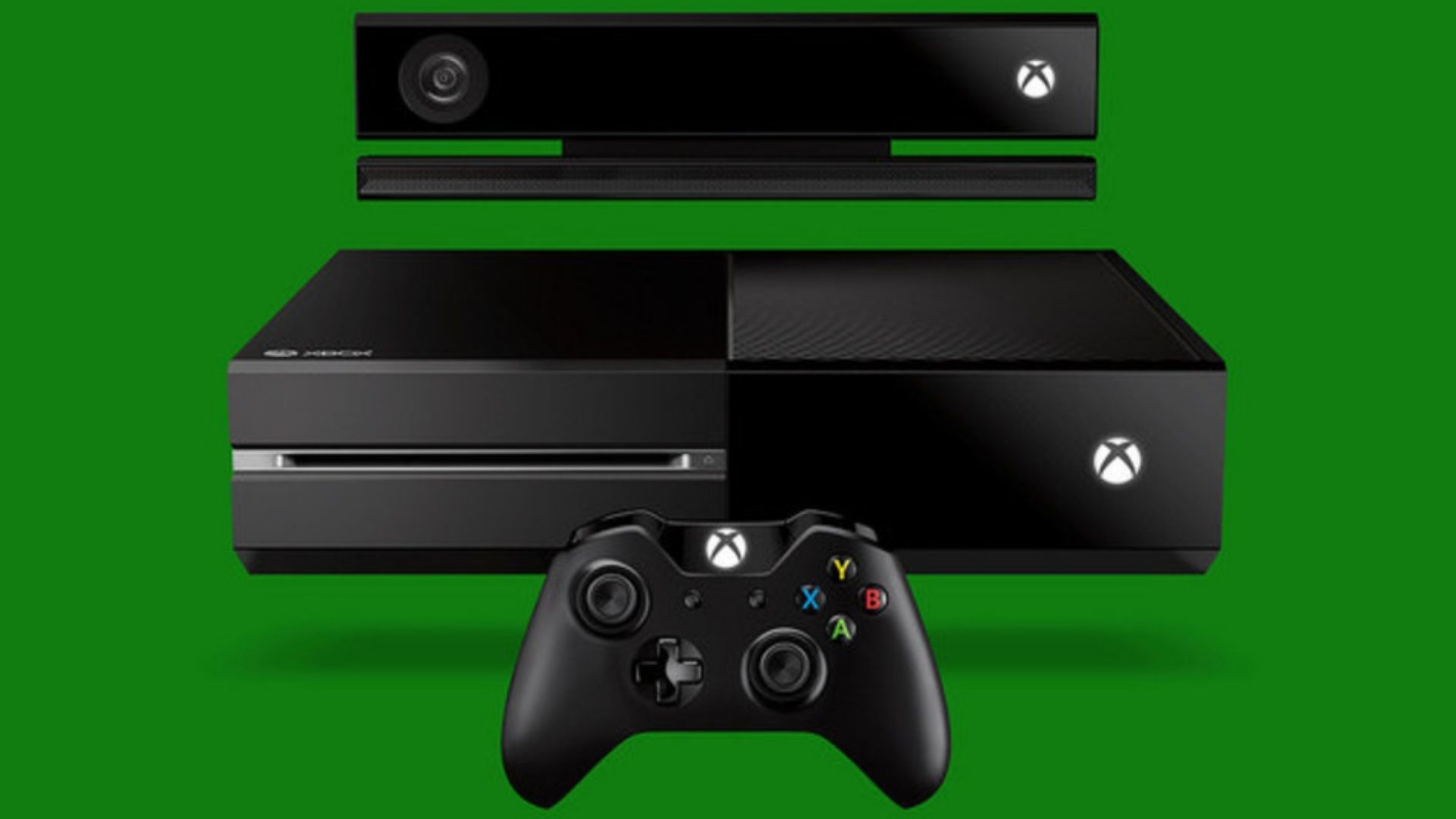
Oh Kinect... You barely scrapped a profit in gen seven; why did you show your awkwardly calibrated face again this time around?
If you didn’t know the Kinect was pushed this generation, then you’re in good company because neither did I before I started writing this. For some bizarre reason, despite just 20% of Xbox 360 users buying a Kinect, Microsoft decided to bundle the Xbox One with a Kinect at launch. Including such a sophisticated bit of kit meant the console retailed $100 more than the PlayStation 4, thus hurting sales.
And it only got worse. Despite literally coming with every console, developers still weren’t supporting it with any decent titles, which you can hardly blame them for considering the less-than-stellar lineup of Kinect games last gen (aside from Kinect Star Wars, of course). Not only that, if you wanted to make a motion-sensing game, the Wii was just... right there. It might not be as technically impressive, but it had a hell of a lot more people playing it.
From then on it was a slow death. The upgraded Xbox One S and X launched without a port for the Kinect, requiring an adapter. By 2018, both the adapter and the Kinect itself were discontinued.
Mighty No. 9
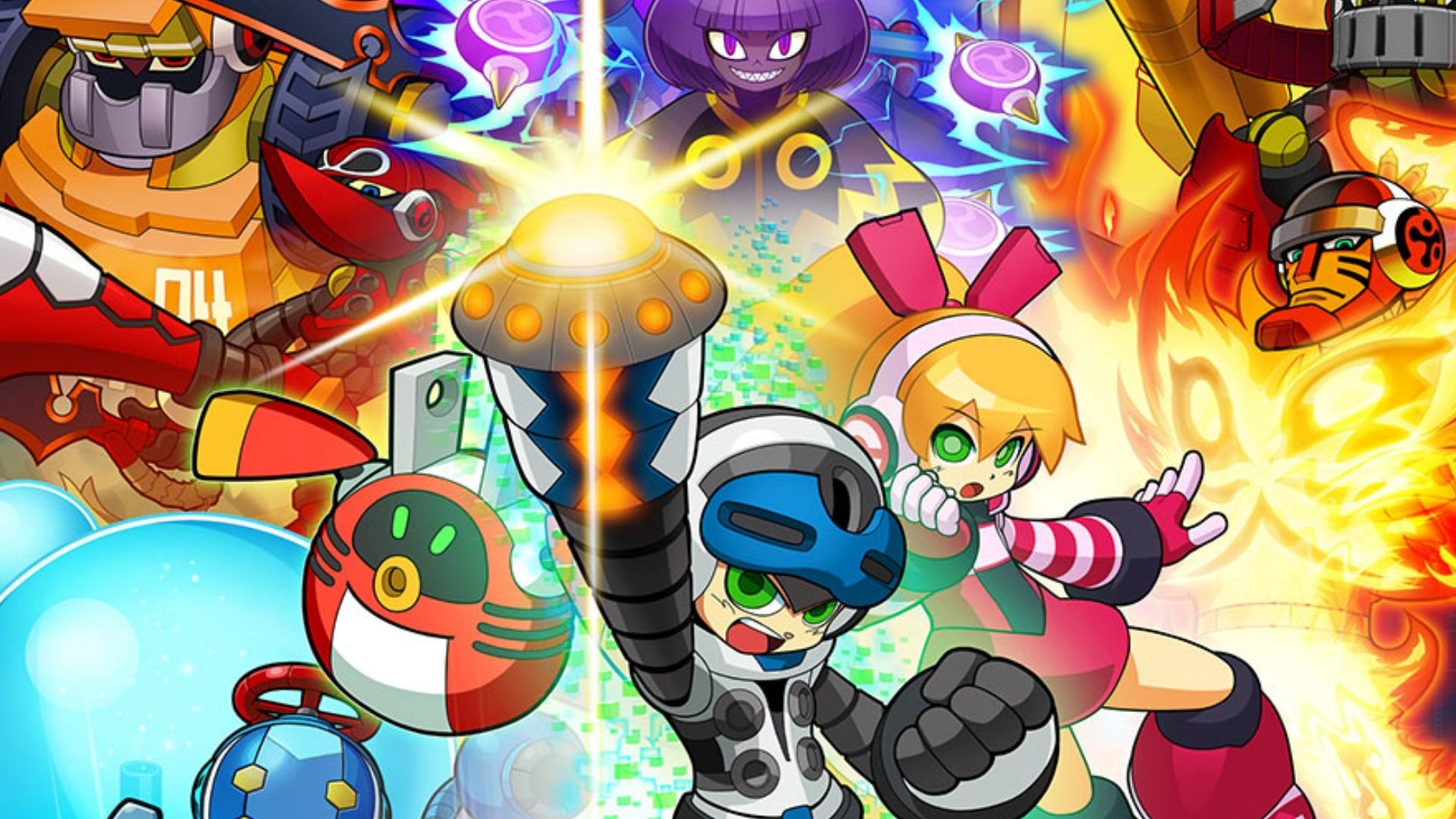
Mighty No. 9 is perhaps one of the biggest Kickstarter horror stories of the generation. Promising to be a return to classic Mega Man, and with one of the original developers (Keiji Inafune) on board, Mighty No. 9 was quick to rake in both hype and cash.
And that’s where it all went wrong. As the money kept pouring in. The scope grew larger and larger, to the point where Inafune even began talking about the Mighty No. 9 extended universe before the game had even been released. But while they were getting caught up in all the additional content they could cram in, the team seemed to overlook the more basic aspects of development, and the game was continuously getting delayed.
This only got more frustrating for backers when the team announced another project, Red Ash. Further still, yet another Kickstarter was set up for Mighty No. 9, this time to fund some DLC. So fans, who were already disappointed by what they had seen from Mighty No. 9 footage, were being asked for fork over more cash.
It all came to a head when the trailer was released and infamously used the line, “Make the bad guys cry like an anime fan on prom night,” which seemed a tad insulting to the target audience. To make matters worse, in response to accusations of mismanagement of Kickstarter money, Inafune's translator responded by saying, "It’s better than nothing." These may be more the translator's words than the game's creator himself, but regardless, it didn't exactly go down well.
Mighty No. 9 was met with average to negative reviews, and was the butt of many jokes on launch day.
The Wii U
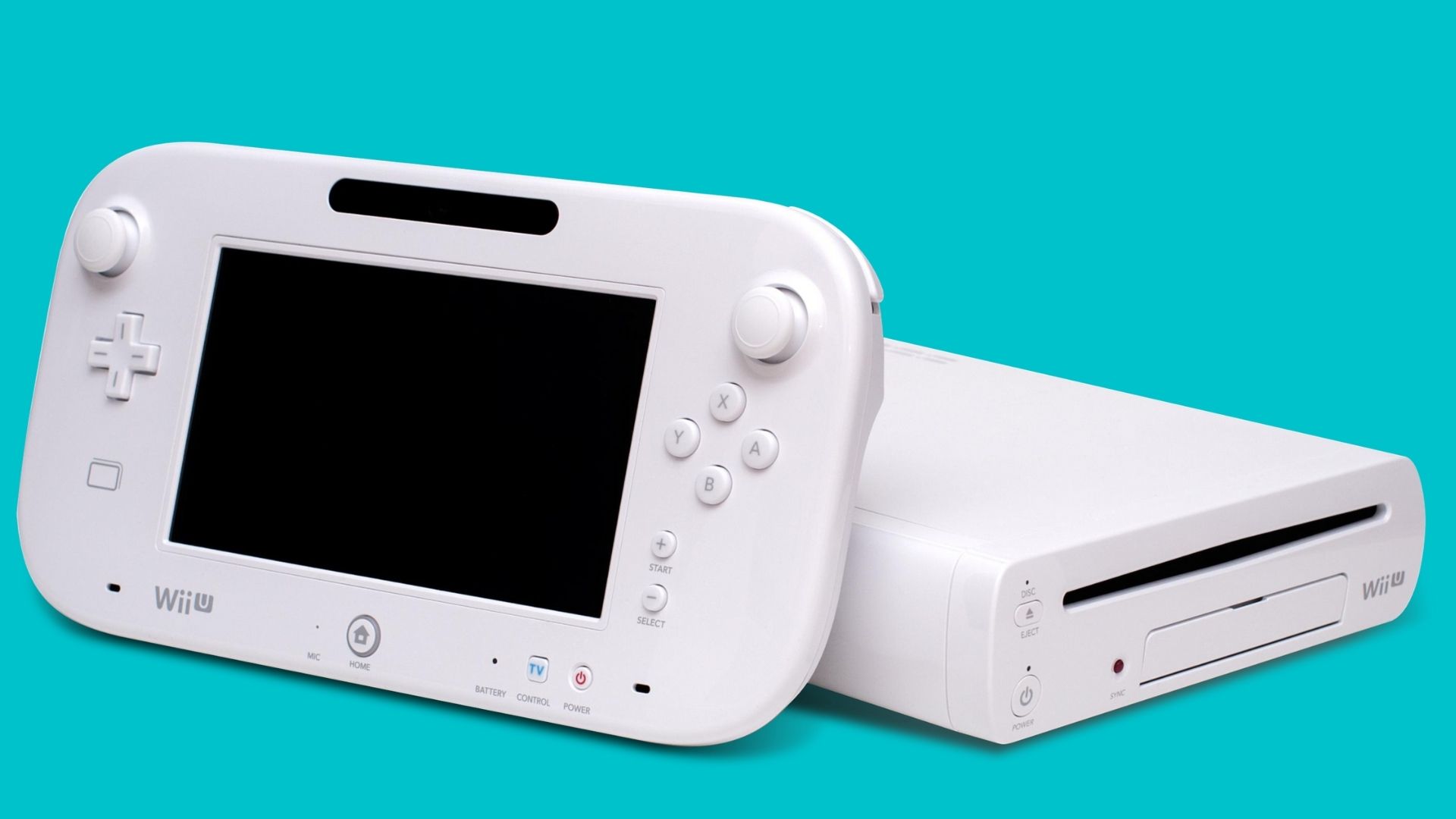
You know that black brick sitting by your TV, covered in three inches of dust? Yeah, that was Nintendo’s original eighth generation console: the Wii U. If you didn’t have one, and didn’t actually know it was its own console, I can hardly blame you on both fronts.
The Wii U hit shelves November 2012. While continuing to use the Wii controllers from the last generation, the Wii U introduced the GamePad: a tablet with a touchscreen and motion controls. Nintendo knocked it out the park when they introduced motion controls to a wide audience with the Wii, but the GamePad really just didn’t have the same effect.
Poor advertising meant some believed the GamePad was a Wii peripheral, rather than a new console. But perhaps the biggest issue of all was that it seemed to not inspire many third-party developers. Sure enough, Nintendo went all out on the first-party front (Super Smash Bros Wii U, Pikmin 3, Splatoon) and even scooped up exclusivity for Bayonetta 2, but even that wasn’t enough. Nintendo very abruptly pulled support from the console, and instead launched the Switch in 2017.
As of 2019, it had sold 13.5 million units - an absolute fraction of the Wii’s 101.6 million, or even the Switch’s 68.3 million units sold.
Mixer
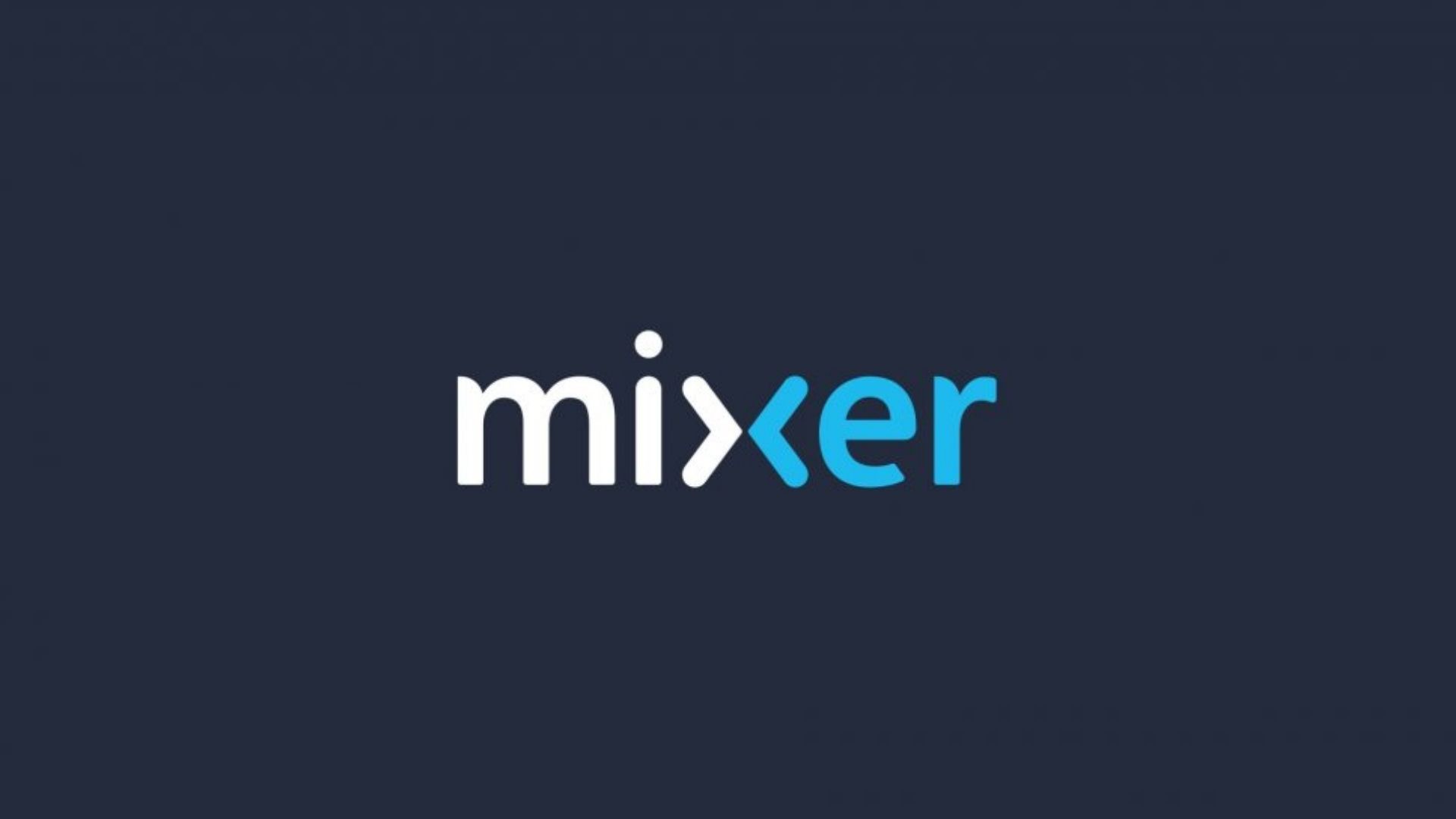
Especially given recent news, a competitor to Twitch doesn’t sound like a half-bad idea really. So how did a streaming service with the big bucks of Microsoft not take off?
Mixer was all about increasing interactivity between content creators and their audience, through cutting the stream delay. In 2019, Microsoft took a huge gamble and signed Ninja on to Mixer exclusively, taking a massive creator off Twitch. Yet even this wasn’t enough, and the viewing figures continued to suffer. Maybe the market was just too split, as Twitch-ditchers could jump to YouTube or Facebook Gaming. Public perception was never kind to Mixer either, as it was long the butt of jokes about low-viewing figures.
Mixer ceased operations in July of this year, instead entering a partnership with Facebook Gaming.
What a generation it's been. For more gaming missteps, go over to our list of the biggest controversies of generation eight. For a round-up of what went right, also check out our list of the trends that defined generation eight.
Have a tip, or want to point out something we missed? Leave a Comment or e-mail us at tips@techraptor.net
